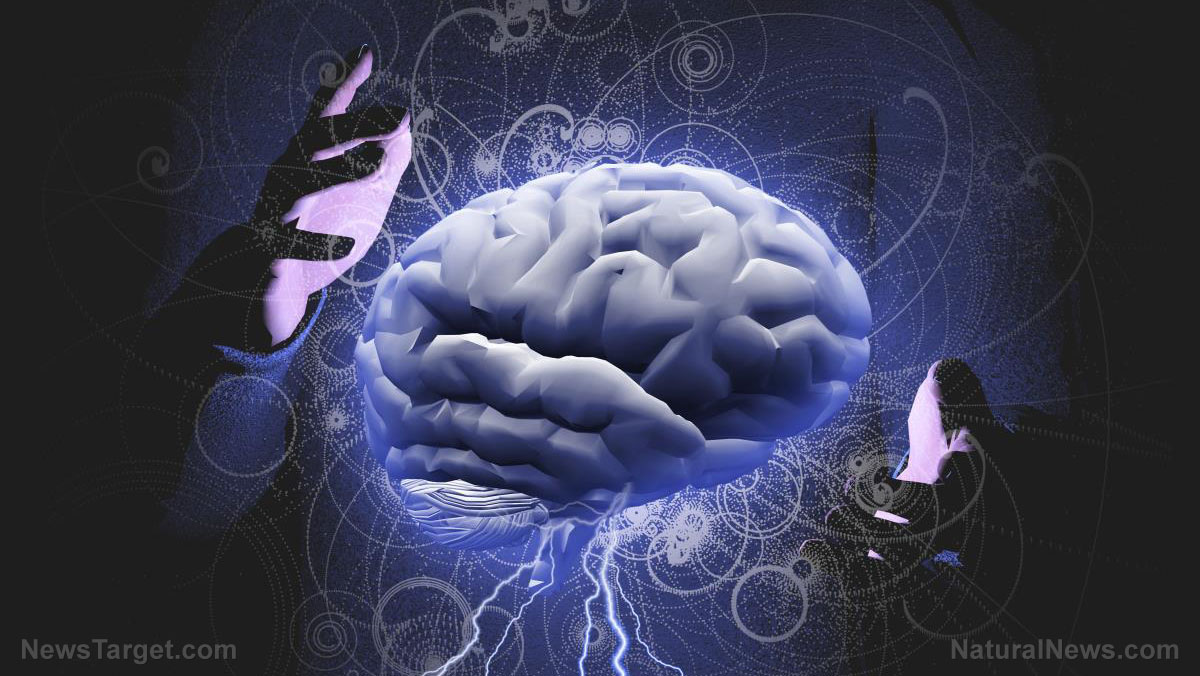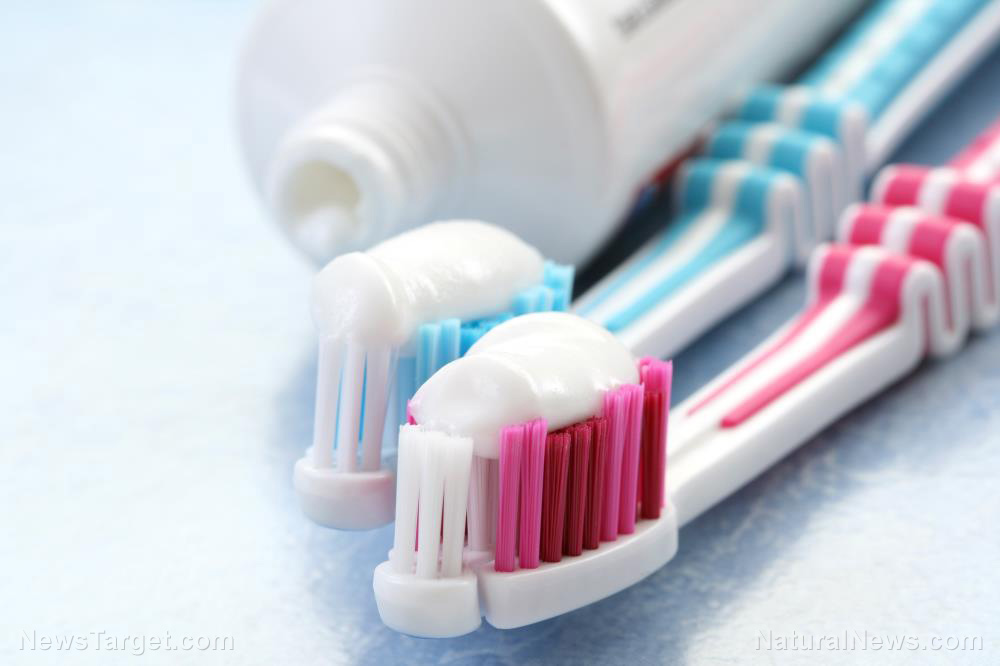Your brain doesn’t stop growing – even in your 90s
10/23/2019 / By Melissa Smith

Some experts believe that the brain stops producing new brain cells after childhood — but that’s not the case, according to a new study published in the journal Nature Medicine. This study suggests that the brain continues to grow even in your 90s.
Researchers from Spain reached this conclusion after looking at the brain tissues donated by 13 individuals who died at the ages of 43 to 87. All donors were neurologically healthy before their deaths. The researchers detected these brain cells by sending antibodies to find the proteins, which are oval for older neurons and longer for younger ones.
The researchers found that healthy brains contained new brain cells, which were born in the dentate gyrus, a part of the hippocampus. The hippocampus is a region in the brain that plays a key role in emotion, learning, memory, and mood.
However, the number dropped steadily with age. Around the ages of 40 to 70, the number of new brain cells spotted in the dentate gyrus declined from about 40,000 to 30,000 per cubic millimeter (mm3). The number also dropped with the cognitive decline that comes with old age. This indicated that in middle age, nearly 300 fewer neurons per mm3 are made in the dentate gyrus with every advancing year. These findings suggested that even though people lose brain cells in old age, they may still be able to produce new ones to replace them, opening the possibility of creating new memories using new brain cells.
After they studied healthy brain tissue, the researchers examined the brains of people who were diagnosed with Alzheimer’s disease before death. The brain tissues were from 45 patients aged 52 to 97. All had new brain cells in the dentate gyrus, including a 97-year-old patient – the oldest person found to still produce new brain cells.
While the brains of Alzheimer’s patients showed evidence of fresh brain cells, the number significantly differed with the healthy brains tested. At the early stages of the disease, their brains only had between half and three-quarters as many new brain cells as the healthy ones.
Dr. Maria Llorens-Martin, the lead researcher of the study, said in a statement that if they could apply these findings in living patients, this could pave the way in the future for an earlier test to detect Alzheimer’s disease, and healthy lifestyle advice to treat it.
Ways to help your brain produce new brain cells
There are some things you can do to help your brain create new brain cells. These include:
- Avoiding foods loaded with saturated fats and sugars – These foods promote oxidative stress and inflammation in the brain. In turn, this creates a poor environment for brain cell formation.
- Following a healthy diet – Eating foods such as berries, cruciferous vegetables, dark green leafy veggies, and grapes can promote the formation of new brain cells.
- Drinking turmeric juice for breakfast – Turmeric contains a bioactive compound that enhances the regeneration of brain stem cells, according to a study published in the journal Stem Cell Research & Therapy.
- Getting a good night’s sleep – The brain forms new memories, eliminates toxins, repairs cells, and regenerates during sleep. Get at least seven to nine hours of sleep each night to avoid sleep deprivation, which is harmful to your brain and overall health. (Related: How to naturally boost brain cell regeneration.)
Learn more about keeping your brain sharp and healthy at Brain.news.
Sources include:
Submit a correction >>
Tagged Under:
aging, Alzheimer's disease, anti-aging science, Brain cells, brain function, brain health, cognitive function, cognitive health, dementia, neurons, research
This article may contain statements that reflect the opinion of the author
RECENT NEWS & ARTICLES
COPYRIGHT © 2017 BRAIN NEWS





















